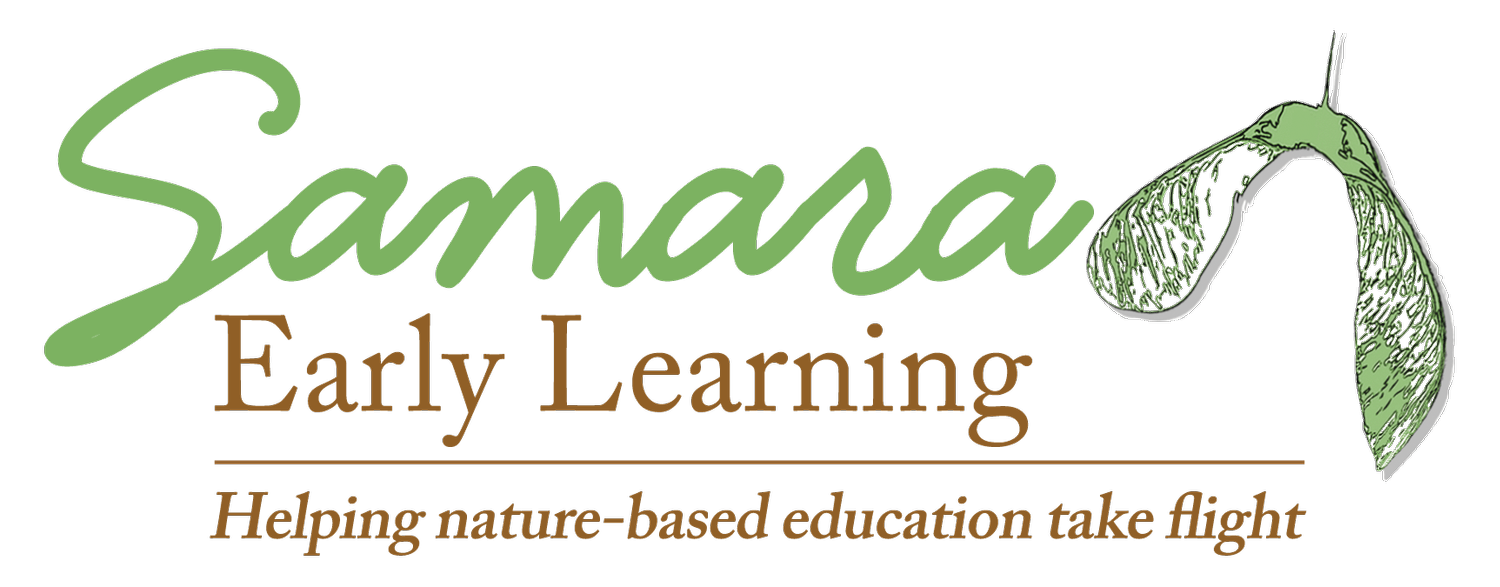Freebies!
Free resources related to nature-based early childhood education

Not fun, necessary
Policies and procedures. Probably not your favorite topic, eh? It’s not my favorite either.

Belonging through onboarding
The onboarding process should create a sense of belonging. New staff should feel they belong and are part of the team while also feeling they can be their authentic selves as a member of the team.
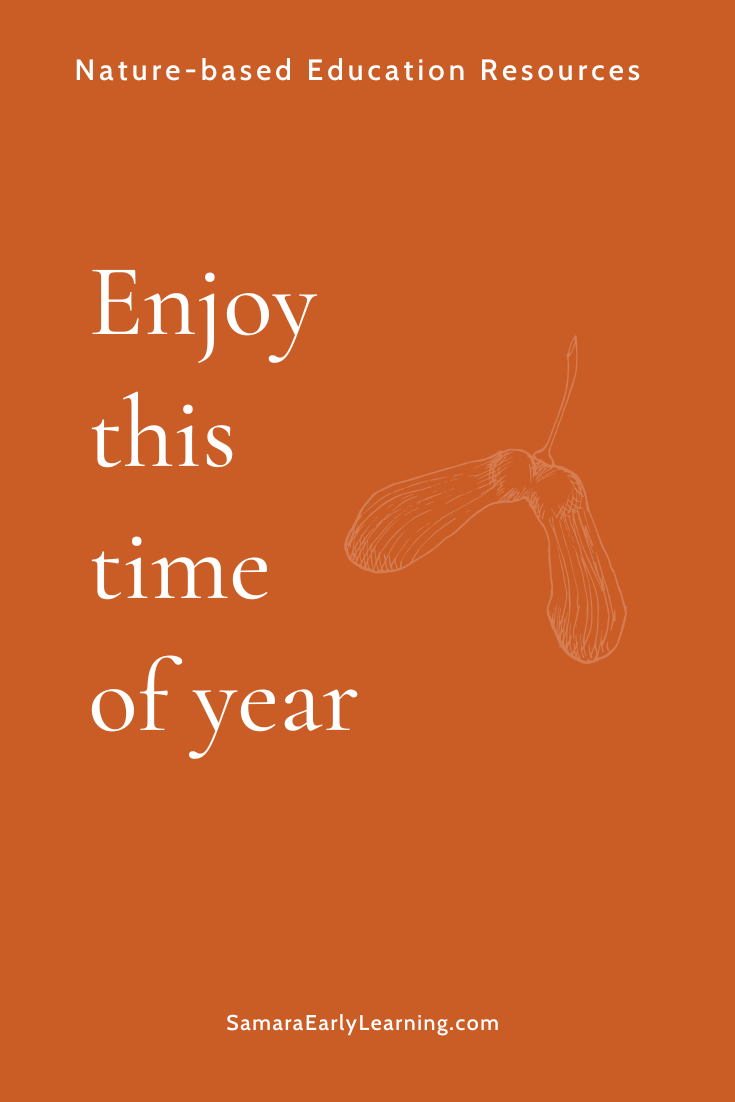
Enjoy this time of year
Spring is a GLORIOUS time in a nature-based program! Yes, it’s busy and chaotic. But, if we are mindful we are able to enjoy the wonders of this season.
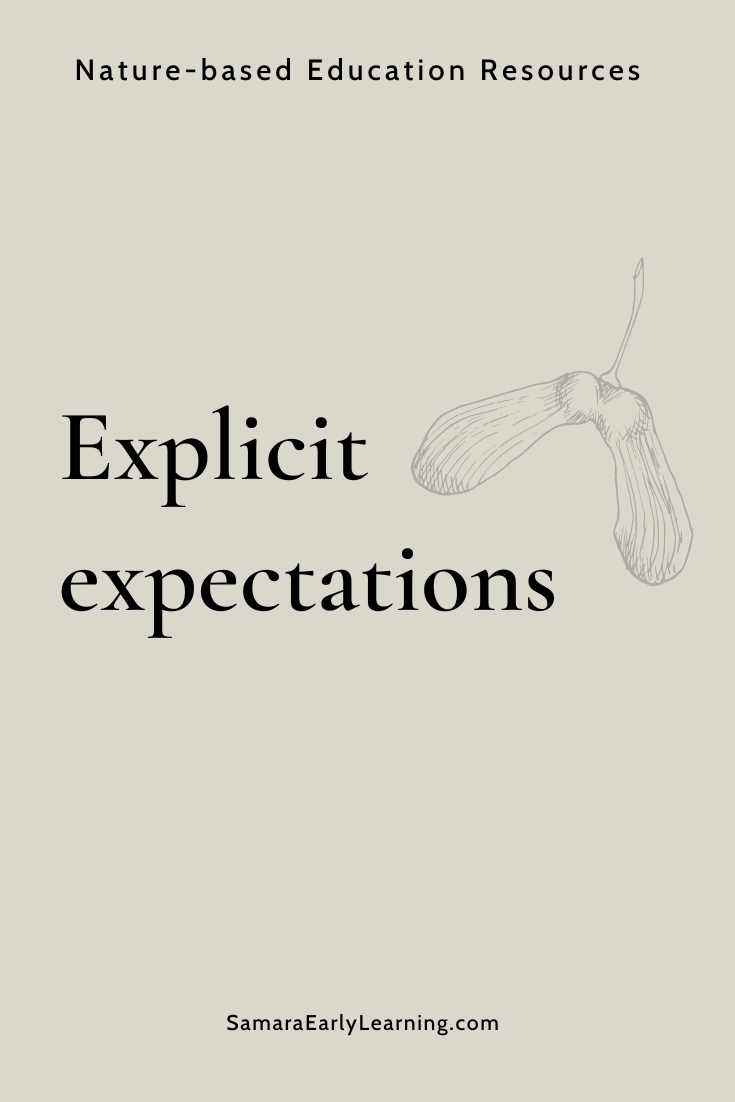
Explicit expectations
If expectations don’t match reality we can experience resentment, frustration, and a myriad of other emotions. It’s for this reason it’s important to be clear about our expectations–to ourselves and to others involved.
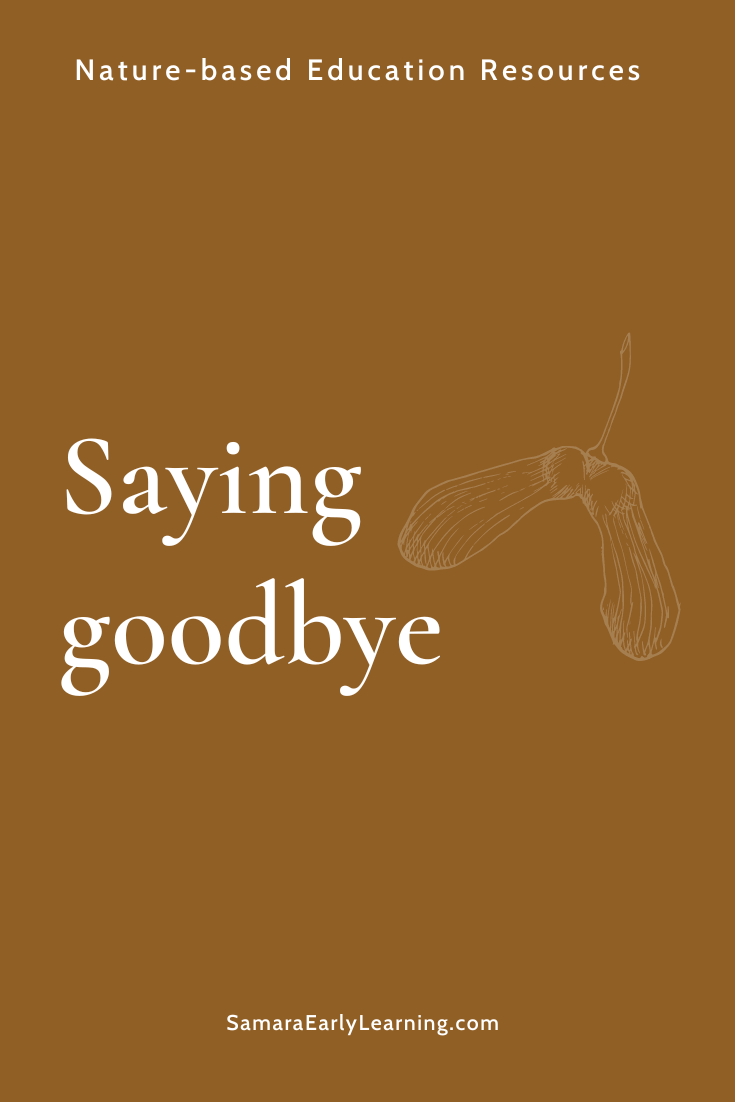
Saying goodbye
As the end of the school year is approaching, children, families, and teachers will be saying goodbye to routines and communities they’re accustomed to and starting anew.
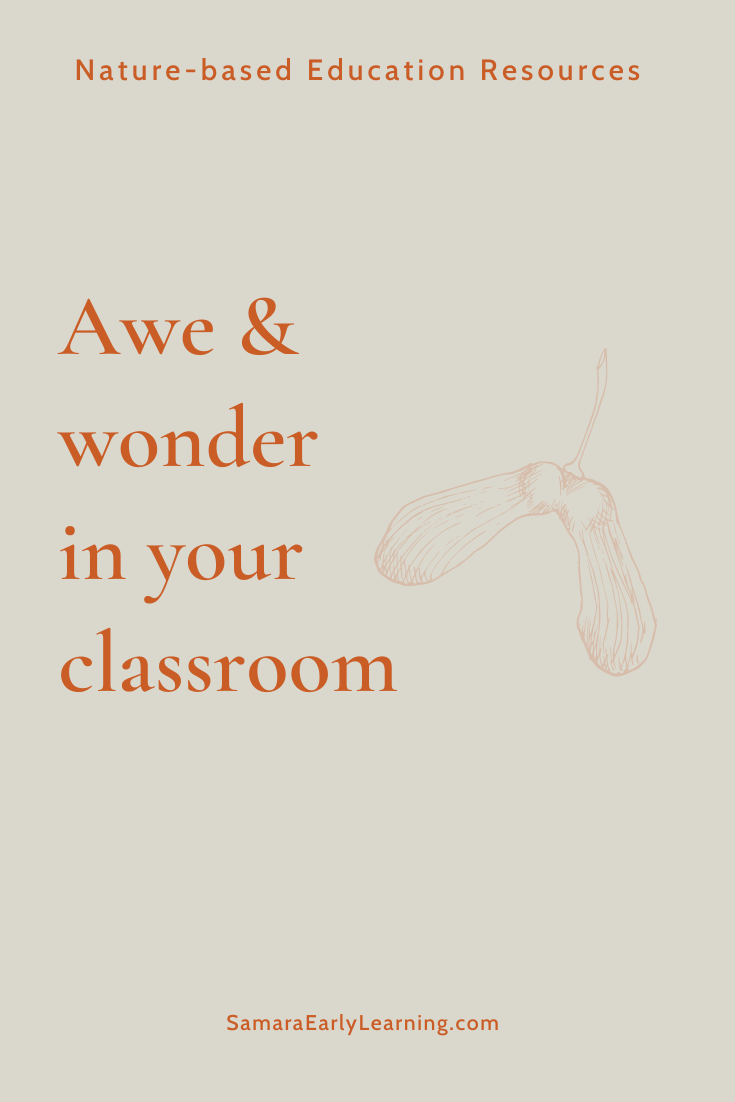
Awe and wonder in your classroom
Awe and wonder are two words I use a lot when discussing nature-based education. Recently, I listened to a podcast which opened my eyes to even more types of awe and wonder in the world – including the early childhood classroom.
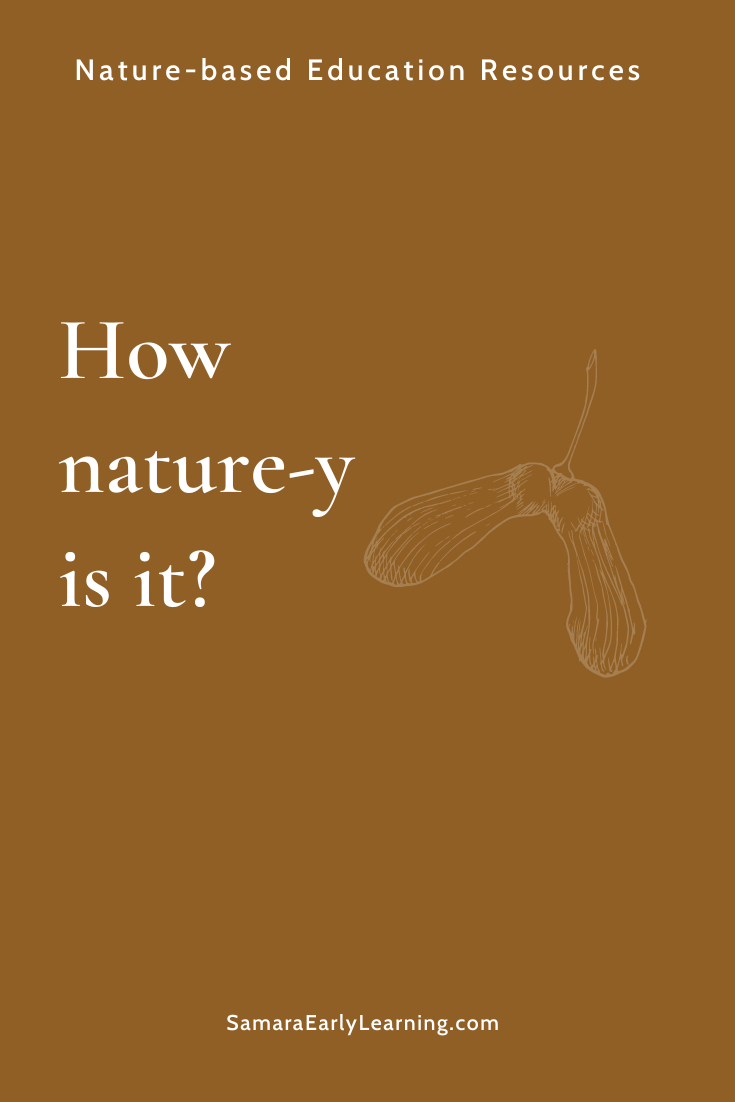
How nature-y is it?
The number of nature-based programs is continuing to increase throughout the world. This is great news! And yet...not all of these programs are really “nature-based.” Some programs go outside every day and call that enough.
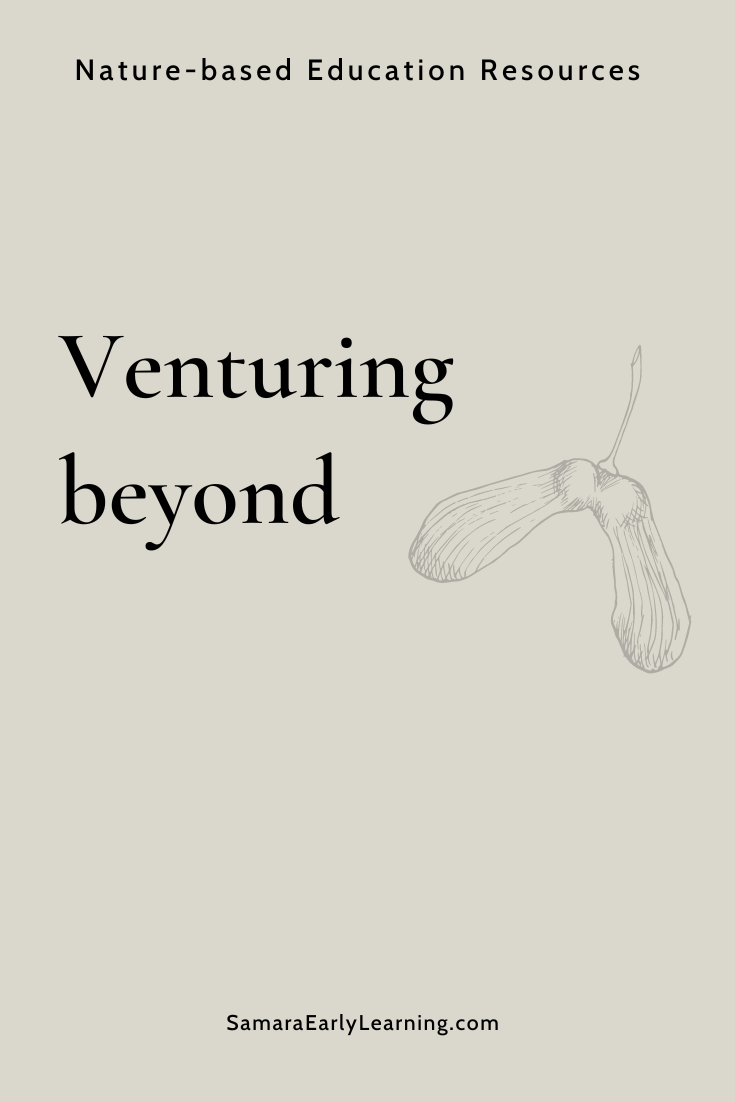
Venturing beyond
Going to the Beyond–whether to a neighboring natural area, local park, or around the block–does require some forethought. We can’t just open the gate and see what happens.
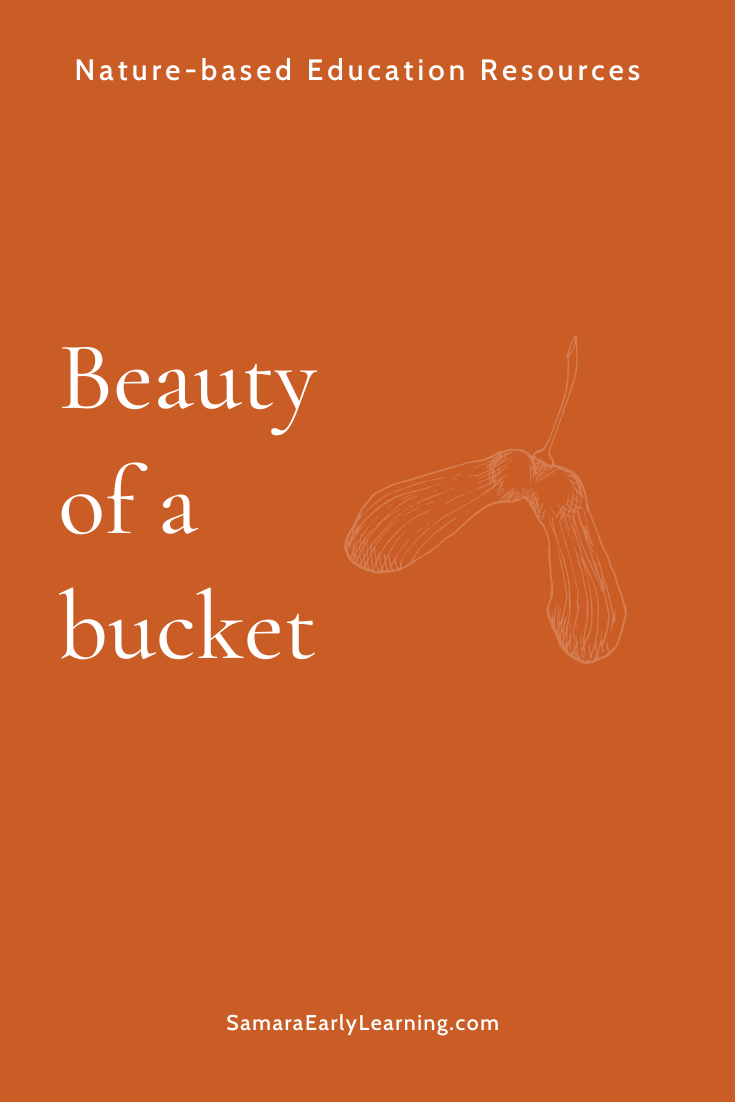
Beauty of a bucket
I’ve had many conversations lately about buckets. I have a feeling this isn’t typical. But buckets are beautiful things—especially to a nature-based early childhood educator!
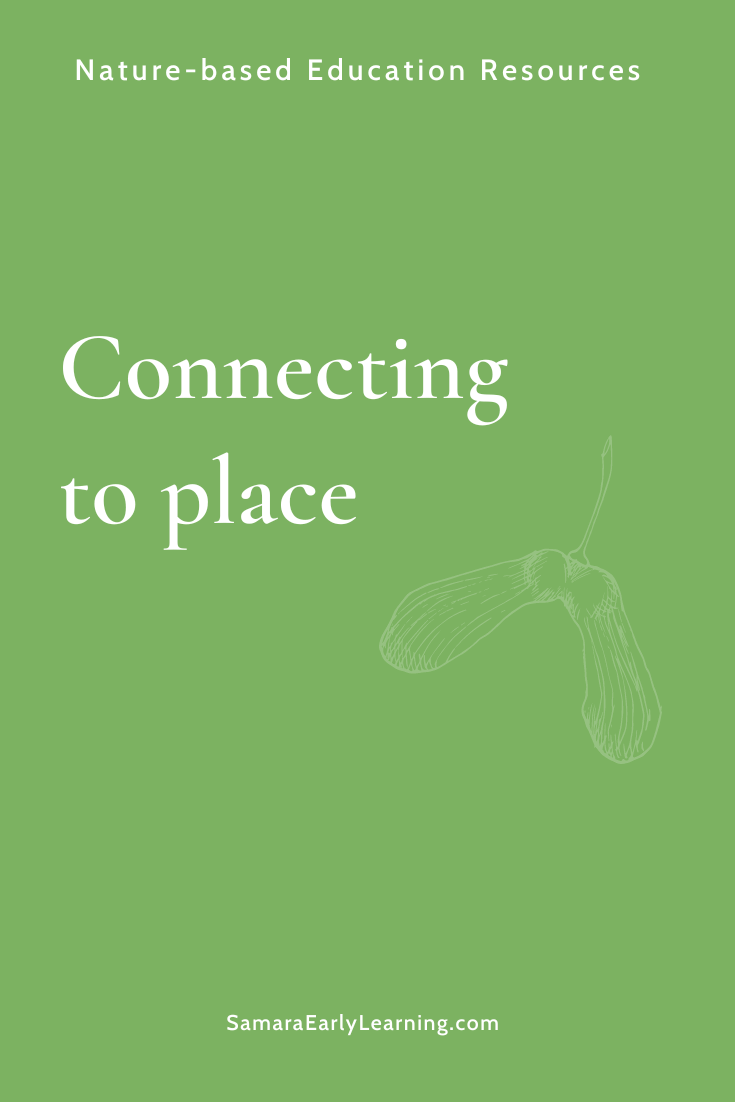
Connecting to place
One of the core principles of nature-based education is connecting children to local, authentic nature. This means connecting them to the nature found in their place in the world.

Managing the Shift to a Nature-Based Approach in Your Program
In this webinar Dr. Rachel Larimore addressed the foundational administrative and pedagogical practices to successfully shift your team to a nature-based approach. Most importantly, she addressed the human element, including how to best support staff and families in your evolving infusion of nature.
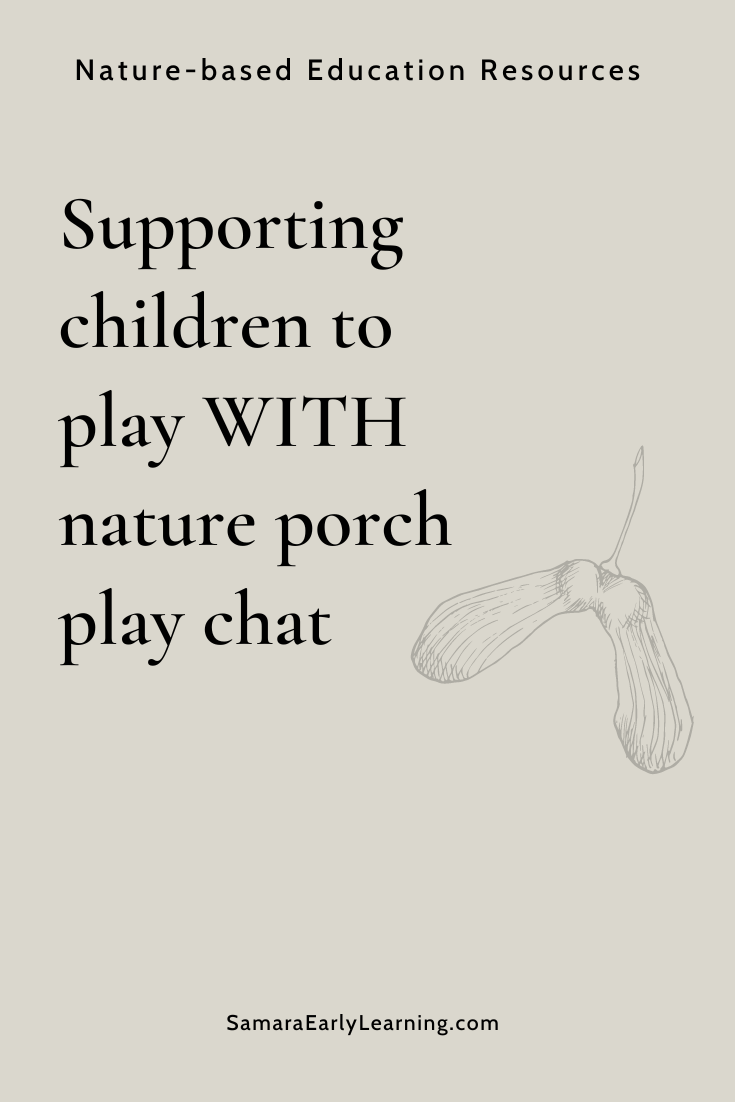
Porch play chat: supporting children to play WITH nature
In this video, Dr. Rachel Larimore discusses the importance of play in learning, and how we have to be more intentional than ever to integrate the outdoors and play-based learning with our children.
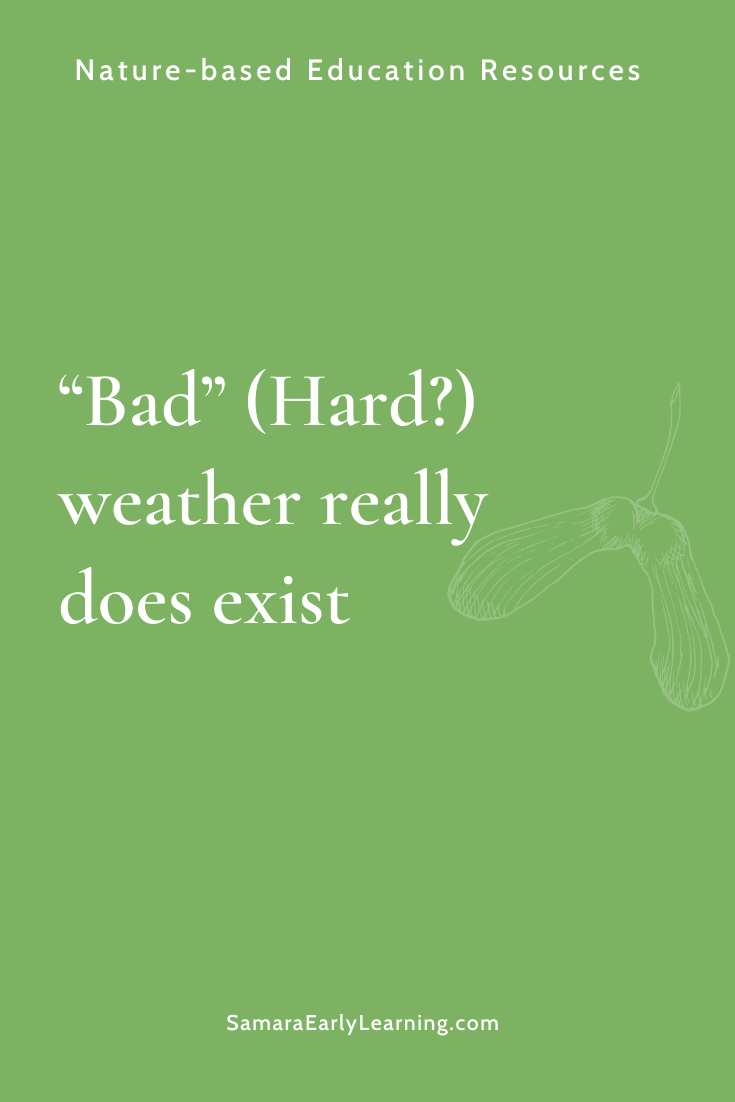
“Bad” (Hard?) weather really does exist
In this post from the weekly Samara Early Learning newsletter our Chief Visionary Dr. Rachel Larimore reflects on how bad weather DOES exist and how the phrase “there’s no such thing as bad weather” may be limiting.
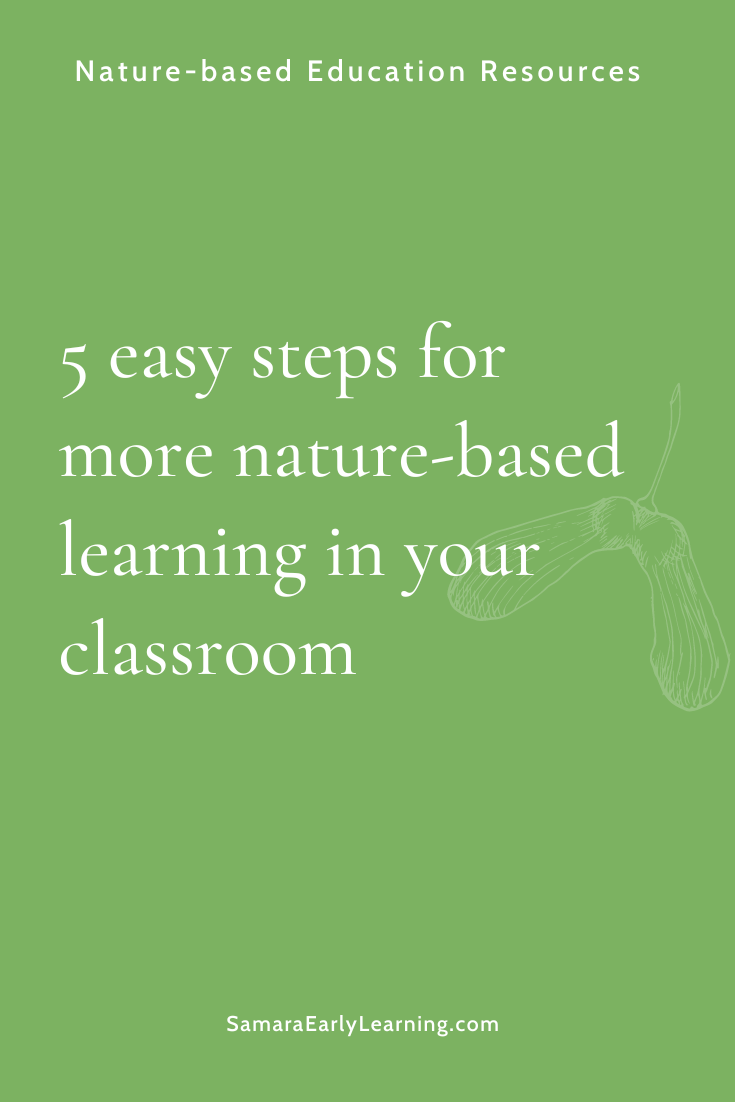
Five steps to facilitate more nature-based learning in your early childhood classroom
This recorded edWebinar, presented by Dr. Rachel Larimore, provides five simple steps to intentionally integrate a nature-based approach into teaching practice—no matter your current situation.

Inclusive in what counts as nature
In this post from Rachel's weekly newsletter, she discusses all the things that count as nature!

Reflection: The powerful teaching of a deer carcass
In this article, Dr. Rachel Larimore discusses how nature-based approaches sometimes provide opportunities to address deeper life issues such as the concepts of life, death, and care for others.

Welcoming staff to your program
In this post from Rachel's weekly newsletter, she gives suggestions for effectively welcoming staff to your program.

Tips for hiring and job search season
In this post Rachel gives tips for hiring and job search season. This information is great for interviewers and interviewees alike!

What does it remind you of?
This simple question also requires higher order thinking to compare, contrast, and connect to children’s prior experience. This also honors their culture and identity in the learning process.

The boring stuff matters: Policies, procedures, and more!
I know, I know—policies and procedures are boring, but they are SO important to operating successful nature-based programs.
